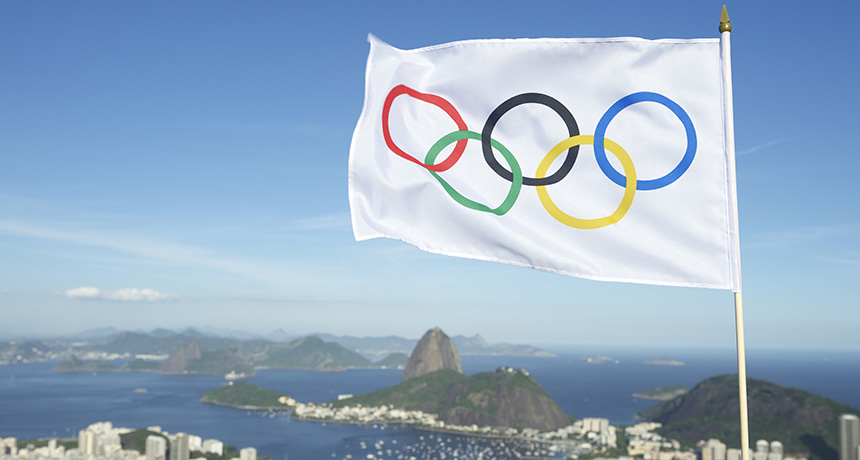WHO: Very little risk that Brazil’s Olympics will speed Zika’s spread

The 2016 summer Olympics, to be held in Rio de Janeiro, aren’t likely to increase the global spread of Zika virus, according to the World Health Organization.
lazyllama/Shutterstock







